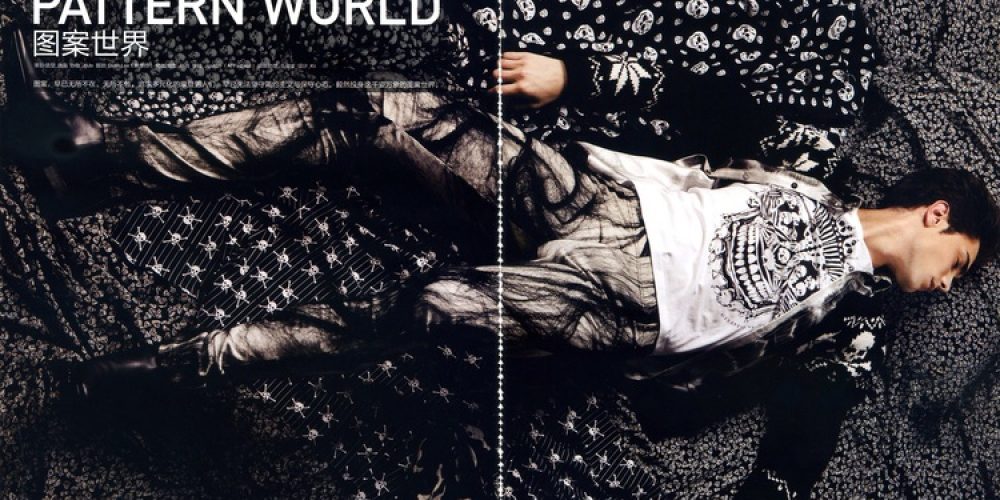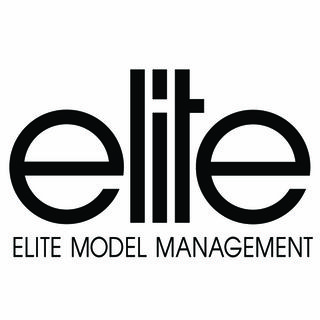In a recent article for The New Yorker, «An Actor in Search of Contentment,» actor Tony Hale describes the importance of «waking himself up to where he is now» and «the discipline of contentment.» Hale, best known for his roles in Arrested Development and Veep, has learned how to appreciate his reality and being happy in the present instead of constantly living in the future, wondering what’s next.
Hale has no direct connection to the modelling industry, but his words will resonate with anyone in the creative and entertainment industries. Due to the nature of their jobs, models are taught from an early age to always focus on the next step in their career. Models routinely ask themselves questions such as, «Which market am I going to next?» «What’s the best season now?» «Should I do fashion week?» «Can I make money there?»
This feeling, according to Hale, can be attributed to years of being ambitious and, as a result, restlessness becomes habitual. Most models start out in the industry at a very young age and spend years in development before they begin to find success. In the development stage, models are mainly fueled by ambition rather than satisfaction or success.
Hale isn’t advocating against ambition. He argues that it’s part of hope and human nature. Especially in this industry, people always ask, ‘What are you working on next?’» Or in the case of models, «Where are you going next?» Hale got «so far into that mentality that he couldn’t see the reality of his situation. He writes, «There was a moment when I thought, I can’t live my life like this. I have to wake myself up.” He believes that the antidote is, «the discipline of contentment.»
image.jpg
Being content in the present, when you’ve spent a lot of your career in limbo, isn’t an easy switch. In addition, a model’s quest to figure out ‘what’s next’ is only made more difficult by those around them constantly asking about their future plans. Many models also feel if they don’t start planning what’s next, they won’t progress in their careers. However, if you’re constantly wondering what’s next, ironically, you won’t enjoy what you wanted to happen next.
It’s not easy, but this is why Hale describes it as «the discipline of contentment.» It can be difficult to be grateful and stay present when you have no idea what’s going to happen in the future.
For example, most models have dreamed of working in New York at some point in their career. But once you’re there, the novelty of it lasts about a minute. Instead of celebrating your professional milestones, you’re crossing them off as a sort of bucket list.
In another article for The New Yorker, «Kicking the Bucket List,» author Rebecca Mead talks in detail how this mentality can be problematic: «This is the YOLO-ization of cultural experience, whereby the pursuit of fleeting novelty is granted greater value than a patient dedication to an enduring attention—an attention which might ultimately enlarge the self.» Therefore, if you don’t take the time to enjoy your present and practice contentment, as Hale explains, «you’re not going to be content when you get what you want.»
Modelling is a game of chance. You never know how well you’re going to do. You can devise a plan but the outcome will likely be different than what you planned for. Planning isn’t a bad thing, but you shouldn’t marry your plans. Set goals, but focus on your present. Once you’re able to manage the two, you’ll end up happier, instead of just powering through it for the sake of what’s next.
At times, you’ll feel down about yourself, your career, and what you feel you haven’t accomplished. It’s completely natural, as Hale describes, to seek more but taking even five minutes out of your day to practice being content with where you are now is a good step. Just because you’re happy in the present doesn’t mean you’re not progressing — far from it. It means you’re living! Don’t allow future stresses to burden you when you should be enjoying your present accomplishments. Even if you don’t know what you’re doing next — to echo Hale’s words — «stay present» and remember to «wake yourself up to where you are now.»






